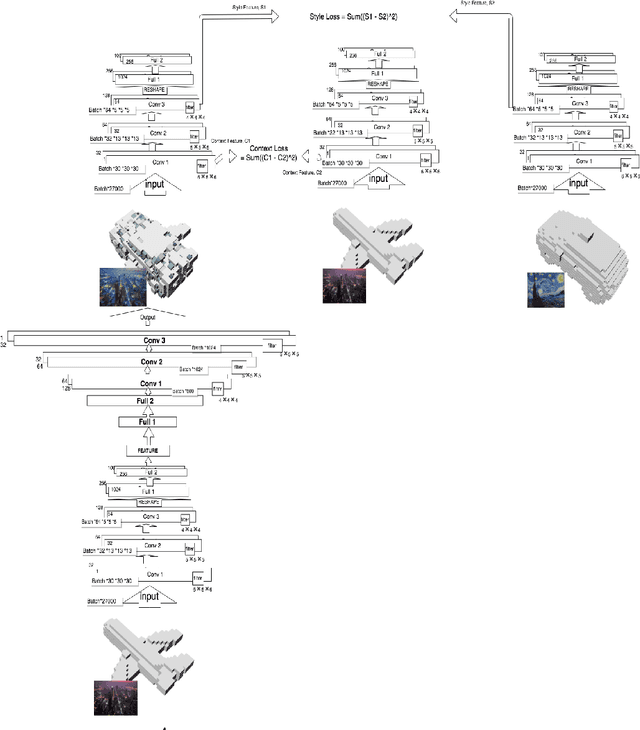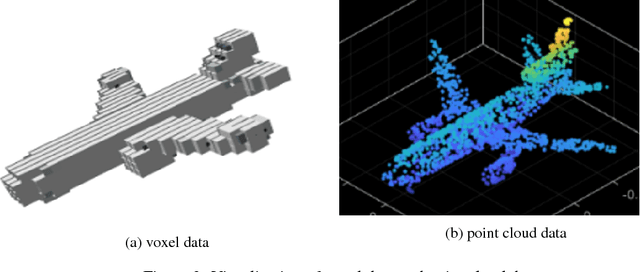3D Conceptual Design Using Deep Learning
Paper and Code
Aug 05, 2018



This article proposes a data-driven methodology to achieve a fast design support, in order to generate or develop novel designs covering multiple object categories. This methodology implements two state-of-the-art Variational Autoencoder dealing with 3D model data. Our methodology constructs a self-defined loss function. The loss function, containing the outputs of certain layers in the autoencoder, obtains combination of different latent features from different 3D model categories. Additionally, this article provide detail explanation to utilize the Princeton ModelNet40 database, a comprehensive clean collection of 3D CAD models for objects. After convert the original 3D mesh file to voxel and point cloud data type, we enable to feed our autoencoder with data of the same size of dimension. The novelty of this work is to leverage the power of deep learning methods as an efficient latent feature extractor to explore unknown designing areas. Through this project, we expect the output can show a clear and smooth interpretation of model from different categories to develop a fast design support to generate novel shapes. This final report will explore 1) the theoretical ideas, 2) the progresses to implement Variantional Autoencoder to attain implicit features from input shapes, 3) the results of output shapes during training in selected domains of both 3D voxel data and 3D point cloud data, and 4) our conclusion and future work to achieve the more outstanding goal.
 Add to Chrome
Add to Chrome Add to Firefox
Add to Firefox Add to Edge
Add to Edge